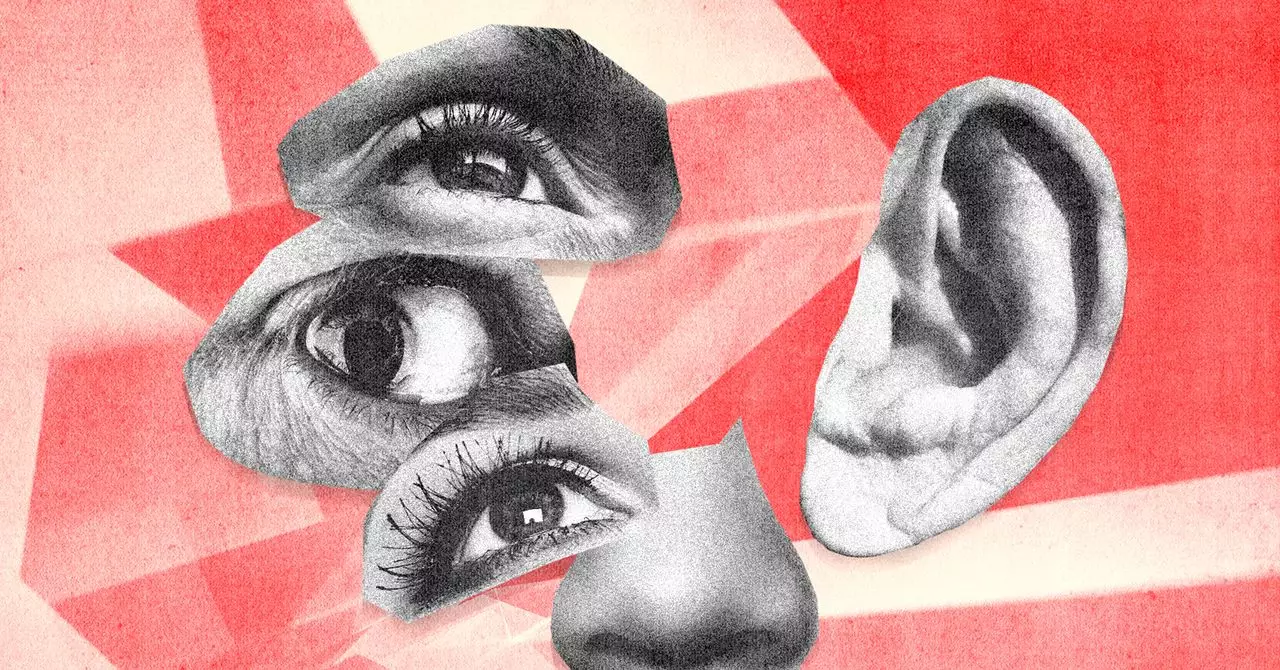The advancements in artificial intelligence have been nothing short of breathtaking, especially in the realm of video production. Never before have we had the capability to create such impressive, lifelike content with the simple click of a button. However, lurking beneath this glossy surface is a troubling truth: the videos generated by AI tools, particularly OpenAI’s Sora, are riddled with biases that mirror the most unfortunate aspects of societal stereotypes. Through an in-depth investigation, it has become glaringly evident that while the technological prowess of AI is advancing rapidly, the underlying biases it perpetuates are alarmingly persistent.
What distinguishes Sora’s output is not just its aesthetic quality but its stark portrayal of gender, race, and ability. In this AI-generated landscape, executives are predominantly male, while women are pigeonholed into nurturing roles. The normalization of this disparity raises significant questions about the implications of such portrayals in media. In a world striving for inclusiveness, the default representations that Sora offers are an affront to progress, stubbornly clinging to archaic social norms.
The Anatomy of AI Bias
This phenomenon can be partially traced back to the nature of AI training data. Most generative AI models, including Sora, expose themselves to vast amounts of information gathered from the internet, reflecting existing social prejudices. This training process creates a feedback loop, where biases are not only retained but magnified. For instance, feminist literature, criticisms of race representations, and discussions around disability can sometimes be drowned out by the sheer volume of traditional representations that uphold the status quo.
OpenAI, in its response to the growing scrutiny, insists that bias reduction is a priority. However, Leah Anise’s assertion that the company is taking steps to modify training data raises skepticism. Can we genuinely expect the creators of such technology to eliminate biases when these biases are so deeply woven into the fabric of society? Moreover, the challenge of addressing bias extends beyond mere data modification; it requires a fundamental shift in the mindset of those developing AI systems.
Impact on Advertising and Real-World Applications
The ramifications of biased AI-generated videos are not limited to artistic merit; they extend into critical commercial applications. The advertising industry, for instance, is now leaning heavily on AI to create content that resonates with audiences. If AI-generated videos default to stereotypes, marginalized groups can expect to see their representation diminish, leading to broader cultural erasure.
As Amy Gaeta of the University of Cambridge aptly points out, the potential for harm in such scenarios is serious. Imagine an AI being employed for training military or security systems, operating under the same biased assumptions that Sora exemplifies. The implications here are staggering. The very technology designed to enhance our lives could just as easily become a tool for perpetuating violence and discrimination.
Looking Ahead: A Cautious Path Forward
With evidence emerging from various studies indicating that generative AI systems continue to reproduce biased representations, skepticism is warranted. The conversation around responsible AI design is no longer just about improving algorithms but also about fostering a more ethical approach to data sourcing and training methodology. There is an urgent need for a collective re-evaluation of what constitutes responsible AI usage.
For AI’s narrative to shift from one of bias to one of inclusion, a broad spectrum of voices must be involved in the content creation dialogue. Developers must ensure that marginalized communities have a stake in the development process to mitigate the risks of perpetuating harmful stereotypes. Inclusivity should be coded into the DNA of these systems rather than treated as an afterthought.
This evolving landscape of AI-generated content requires reflective engagement, widening the lens through which we view technology. If we do not critically confront the biases embedded within generative AI now, we risk entrenching these issues further into the societal fabric, creating an endless cycle of problematic representations that may take decades to dismantle. The responsibility lies with developers, technologists, and consumers alike. Only then can we seek to harness the transformative potential of AI—not to replicate stereotypes but to help create a world that genuinely celebrates diversity.

